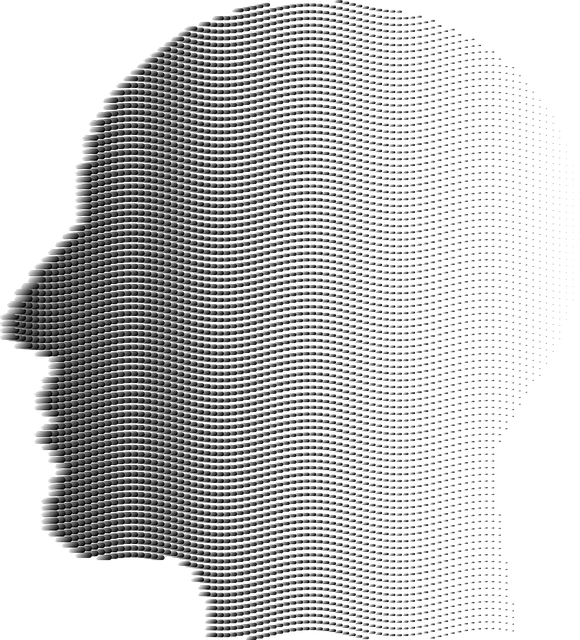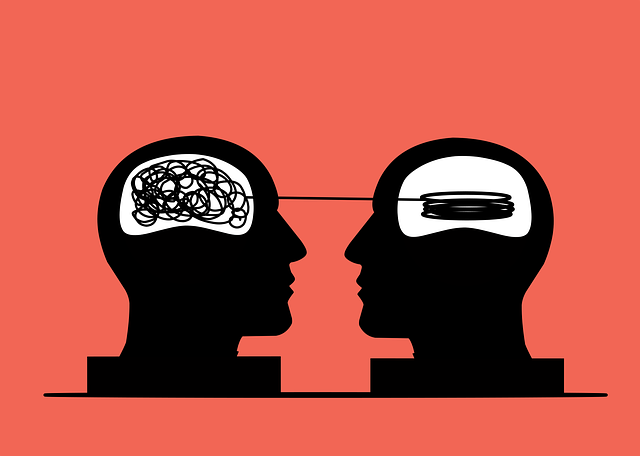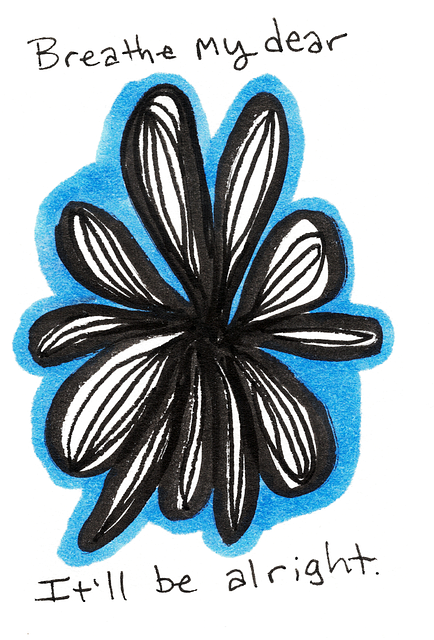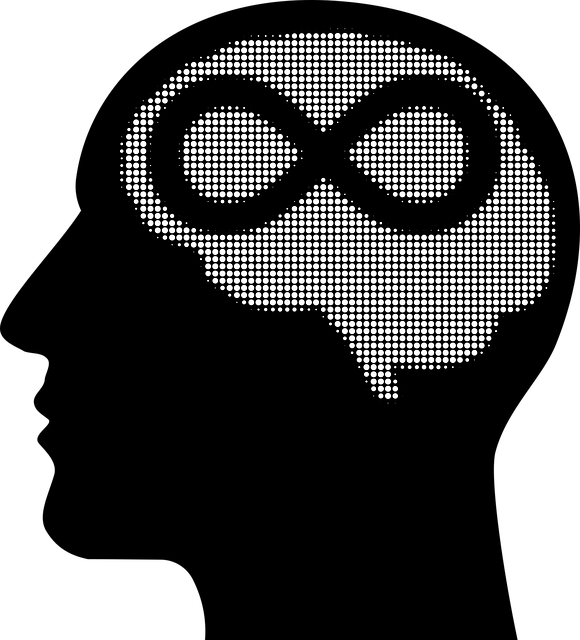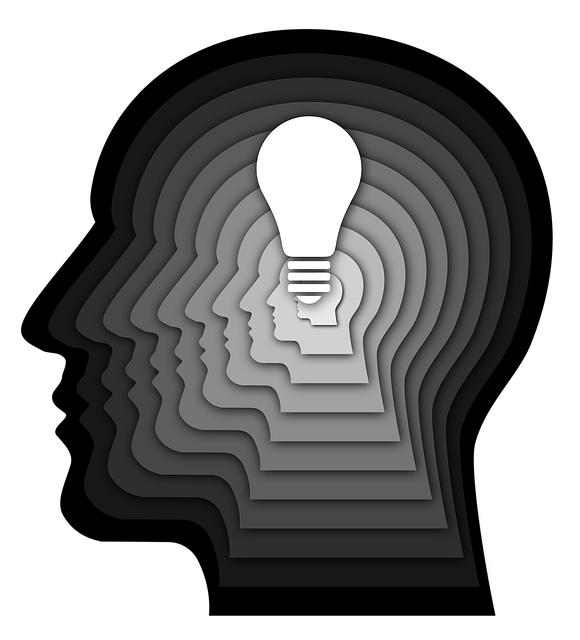Boulder Anger Management Therapy leverages a combined quantitative and qualitative approach to evaluate its programs' impact. Standardized questionnaires gauge anxiety, depression, and anger levels before and after participation, while interviews and focus groups provide deeper insights into participants' experiences. By integrating these methods, the therapy program comprehensively assesses both immediate and long-term effects. Participant feedback is crucial, with structured surveys and informal discussions highlighting successful aspects and areas for improvement. This data informs tailored program adjustments, ensuring continuous optimization and optimal mental wellness outcomes, as demonstrated in the Mental Wellness Journaling Exercise Guidance.
Mental wellness program evaluations are crucial for understanding the effectiveness of initiatives like those offered by Boulder Anger Management Therapy. This article delves into three key aspects: Assessing Program Impact through robust methods and metrics, exploring Participant Feedback to gain valuable insights, and Data Analysis to uncover trends shaping future programs. By examining these elements, we can evaluate and enhance mental wellness interventions, ensuring they meet the needs of individuals seeking support.
- Assessing Program Impact: Methods and Metrics for Mental Wellness Initiatives
- Participant Feedback: Voice and Perspective in Evaluating Anger Management Therapy
- Data Analysis and Interpretation: Uncovering Trends and Informing Future Programs at Boulder Anger Management Therapy
Assessing Program Impact: Methods and Metrics for Mental Wellness Initiatives

Evaluating the impact of mental wellness programs is paramount to understanding their effectiveness and making data-driven improvements. This process involves employing a range of methods and metrics tailored to assessing specific initiatives, such as Boulder Anger Management Therapy. One key approach is tracking changes in participants’ symptoms before and after the program using standardized questionnaires designed to measure anxiety, depression, and anger levels. These tools provide quantitative data on emotional well-being, allowing for comparisons across different groups and time points.
Additionally, qualitative methods like interviews and focus groups offer deeper insights into participants’ experiences. Discussing communication strategies learned in Mood Management workshops or the impact of Stress Management Workshops Organization on daily life can reveal subtle yet significant changes. By combining quantitative and qualitative techniques, mental wellness program evaluators can comprehensively assess not just the immediate effects but also the long-term sustainability of initiatives like Boulder Anger Management Therapy.
Participant Feedback: Voice and Perspective in Evaluating Anger Management Therapy

In evaluating anger management therapy programs, such as those offered by Boulder Anger Management Therapy, participant feedback plays a pivotal role in understanding the program’s effectiveness. Gathering insights directly from participants allows for a nuanced perspective on their therapeutic journey. Through structured surveys or informal discussions, individuals can share their experiences, highlighting what worked well and areas that could be improved. This feedback is invaluable as it reflects the real-life impact of the program, offering practical insights to enhance future sessions.
One key aspect to assess is the development of coping skills. Participants might provide valuable input on the acquisition of new strategies for managing anger and reducing anxiety relief. For instance, they could emphasize the utility of mind over matter principles in changing their emotional responses. This qualitative data complements quantitative measures, providing a comprehensive evaluation that goes beyond simple attendance or outcome scores. By incorporating participant feedback, therapists and evaluators can tailor programs to better meet individual needs, ensuring continuous improvement and optimal results, such as those sought through Boulder Anger Management Therapy’s offerings.
Data Analysis and Interpretation: Uncovering Trends and Informing Future Programs at Boulder Anger Management Therapy

At Boulder Anger Management Therapy, data analysis and interpretation play a pivotal role in program evaluation. By meticulously examining participant responses, therapist observations, and outcome measures, we uncover valuable trends and insights that guide our approach to anger management interventions. This process involves comparing pre-and post-program assessments, tracking progress over time, and identifying areas of strength and weakness within the curriculum. Through advanced statistical methods, we analyze factors influencing successful outcomes, enabling us to refine existing strategies and develop innovative techniques for future programs.
The insights gleaned from this analysis extend beyond individual therapy sessions. They inform public awareness campaigns and mental health advocacy efforts, contributing to a broader understanding of anger management as a critical aspect of mental wellness. Moreover, these findings are integrated into our Mental Wellness Journaling Exercise Guidance, fostering self-reflection and proactive coping strategies among participants. By continuously evaluating and adapting our programs, Boulder Anger Management Therapy strives to offer evidence-based solutions that resonate with individuals seeking to manage their anger effectively.
Evaluating mental wellness programs, such as Boulder Anger Management Therapy, requires a multifaceted approach. By combining robust data analysis with participant feedback, initiatives can effectively measure their impact and identify areas for improvement. The methods discussed in this article—assessing program impact through diverse metrics, prioritizing participant perspectives, and interpreting data to drive future programming—offer a comprehensive strategy for enhancing mental wellness outcomes. Through these evaluation techniques, programs like Boulder Anger Management Therapy can ensure they are meeting the needs of those they serve, fostering positive change and sustainable well-being.
